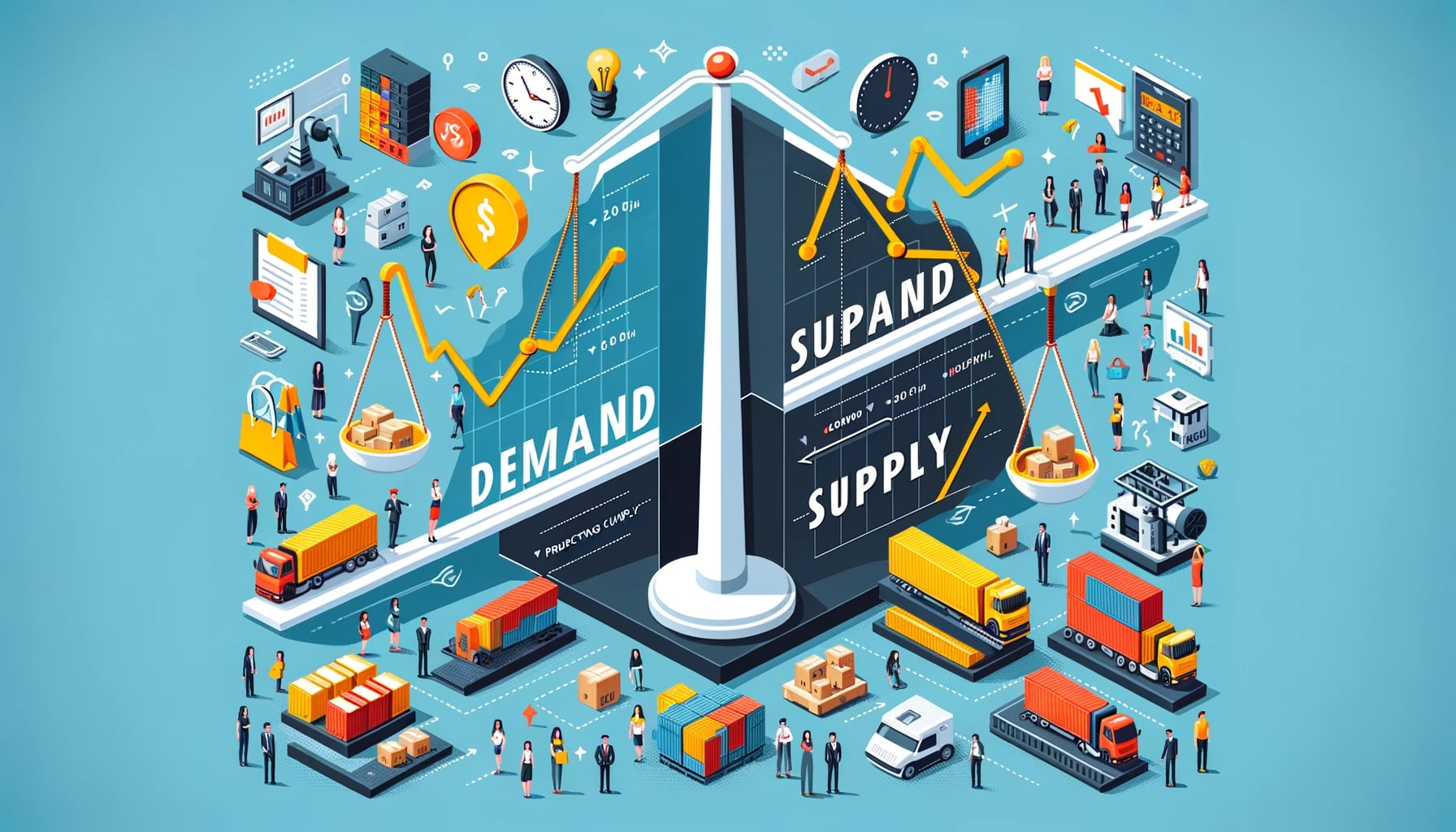Supply and demand fundamentally play an important role in the operation of a commercial business. Supply and demand are about how prices and quantities of goods and services are determined in the market.
Demand:
Demand refers to the quantity of a good or service that consumers are willing and able to buy at various prices and at a particular time. Demand is influenced by several factors, including consumer income, the price of the good or service, the price of related goods, consumer preferences and expectations.
When the price of an item rises, demand usually falls as consumers may find it less affordable.
As consumer income increases, the demand for certain goods may increase as consumers have more money to spend.
The price of related goods can also affect demand. If the price of a substitute good increases, the demand for the original good may increase.
Supply:
Supply refers to the amount of a good or service that manufacturers, suppliers, and stores are willing and able to produce and sell at various prices and at a given time. Supply is affected by factors such as production costs, technology, resource availability and expectations of future prices.
If production costs fall, producers may be willing to increase the supply of a good.
Expectations about future prices can affect supply. If producers expect the price of their good to rise in the future, they may reduce supply now to take advantage of higher prices later.
When supply and demand are in balance, the price of a good or service will usually be stable. When there is an imbalance between supply and demand, the price will adjust to restore equilibrium. This means that understanding supply and demand is critical to how a commercial enterprise sets prices, manages inventory, and makes production and marketing decisions to meet consumer needs and maximize profits.





Læg en kommentar